The latest Camp Akeela (WI) newsletter, the Akeela Circular, is here!
This jam-packed newsletter includes a lot of important information for camp parents, introductions to a new senior staff member, details on communication from camp, and much more. Here’s a quick look at one article, What To Expect On The First Day of Camp.
Dear Akeela Camper,
Summer is almost here and we hope you are excited about camp, even if you’re also feeling a little nervous about it. Many kids go away for part of the summer. Some visit family, some go on teen travel or community service programs, and some go to sleep-away camps. Almost everybody worries about how they will like a place that’s new to them. It’s OK to feel that way and we’re here to help make your transition to camp as easy and smooth as possible. We think that one way to do that is to help you know what to expect …
If you’re taking the bus to camp from the Chicago suburbs,, you and your parents will meet some of our counselors at the bus pick-up location. They will be there to welcome you and to introduce you to other campers. They will help you find a seat on the bus with a new friend and will be there to answer any questions you might have. The travel time to camp is about 3.5 hours, and you will bring lunch with you from home for the bus ride to camp.
Those of you flying to Chicago on Opening Day will be met at the airport by Akeela staff members. They will be there to greet you and to introduce you to other campers who have also flown in! You and your new friends will be driven by our staff in a camp van directly to camp. It will take approximately 3.5 hours to get to Akeela from the airport, too. If your parents are driving you to camp, you will be dropped off at between 1:00pm and 2:00pm. Your counselors will be there to meet you at your car and help you carry your luggage up to your room. You, your parents, and counselors will go to your dorm room, maybe meet some other bunkmates who have already arrived, and put your stuff down in your room. You’ll then say goodbye to your family and begin your camp adventure!
Regardless of how you get to camp, here’s what you can expect to happen the rest of that first day:
- You will have a chance to see what campus looks like and enjoy some planned activities with your bunkmates. You might take a tour and play some games.
- You’ll also meet our nurses so that they can give you a quick “health check” to make sure you’re healthy!
- There will be some time after everyone arrives for each bunk group to start spending some time together before we meet for dinner. This is a great time to get to know your bunkmates and counselors, and talk about “bunk expectations,” so you know what to expect from each other.
- We will all have dinner and Evening Meeting together as a community. You’ll eat dinner with your bunkgroup at the same table, just like you will for all your meals at camp! Evening Meeting will be at the amphitheatre and you’ll get to hear from Dave and Katie, and have a chance to make announcements about the new friends you’ve already made!
- Then it will be time for our opening campfire and evening snack. We’ll sing songs and do skits as a community by the fire. It’s one of our favorite parts of camp!
- Before bedtime, you will preview the next day’s schedule and then Dave or Katie and your head counselor will stop by to say good night. Before you know it, your first day will be over and we will all be getting ready for bed!
Many campers worry that they might be sad or homesick on the first night of camp. That is very normal. All of your counselors will be right in the dorm with you to help you. In addition to talking to them, you might want to look at photos from home, write a letter to your family or read a book. We know that after a short time, you will be having such a great time at Akeela, it will feel like your second home.
We’re so excited for an amazing summer at Camp Akeela. See you soon!
Check out the entire newsletter here!


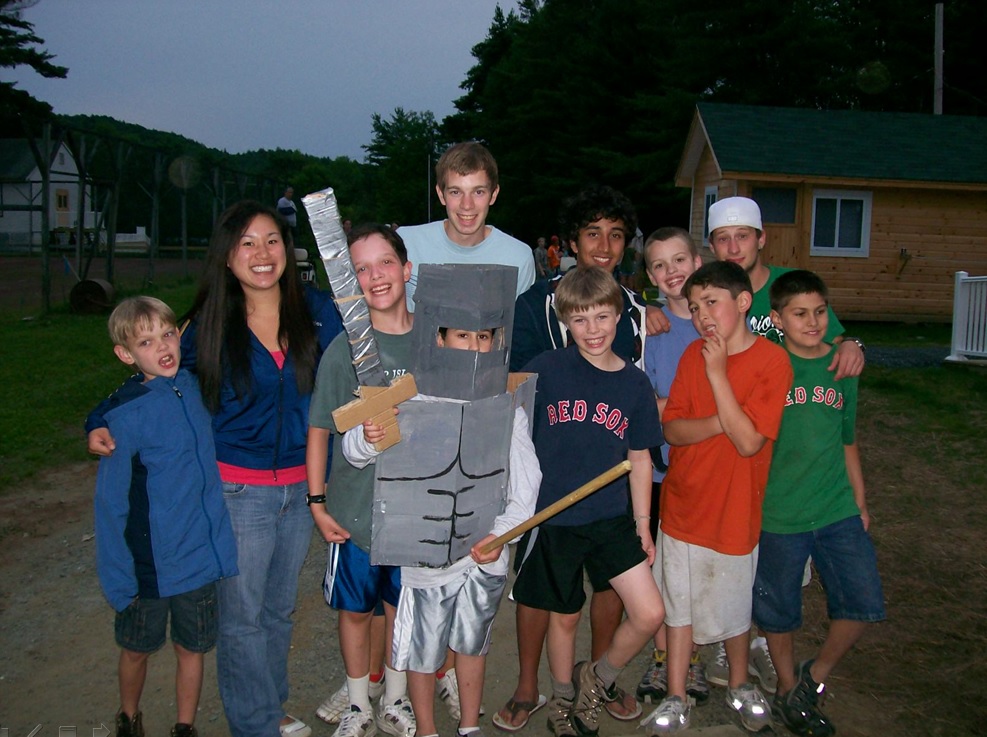
 Social Skills Summer Camps & Critical Life Skills
Social Skills Summer Camps & Critical Life Skills
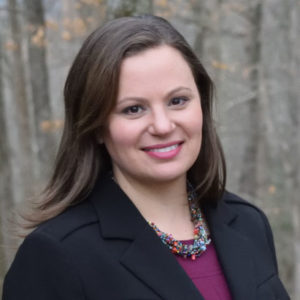 This article was originally written by Nicole Joseph an attorney who practices special education law in Maryland.
This article was originally written by Nicole Joseph an attorney who practices special education law in Maryland.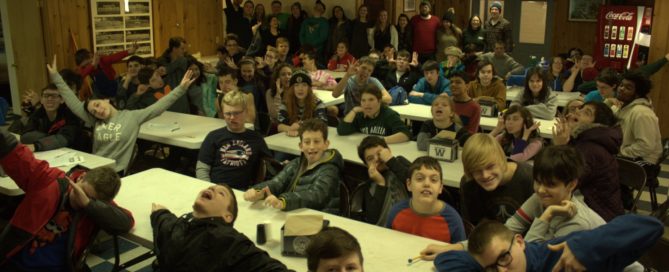
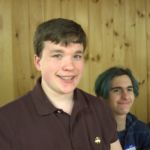
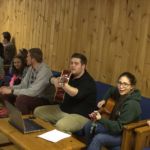
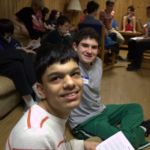
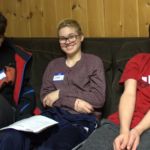
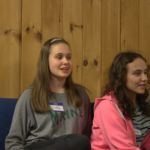
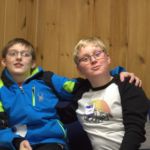
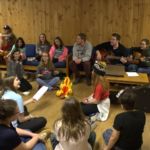
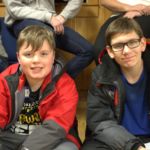
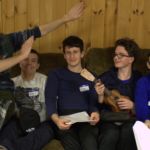

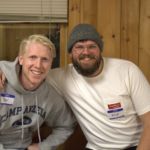
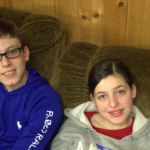
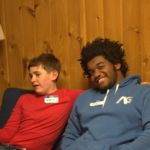
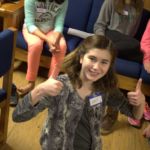
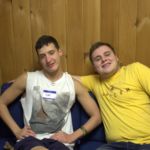
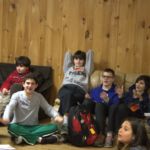
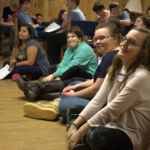
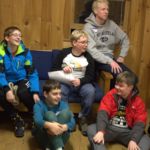
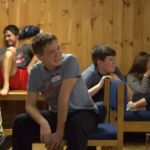
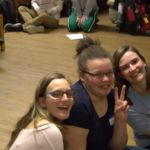

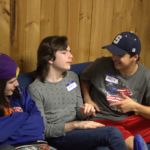
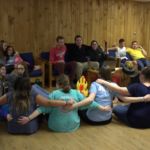
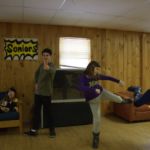
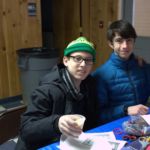
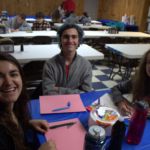
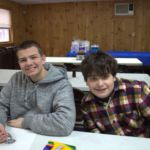
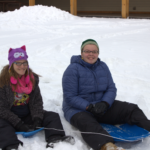
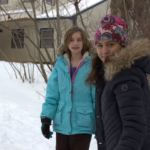
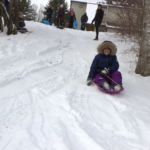
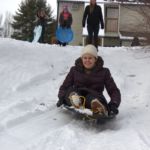

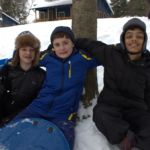

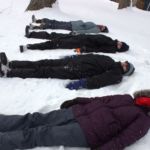
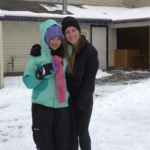
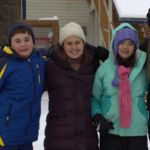
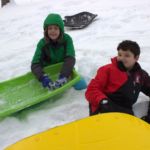
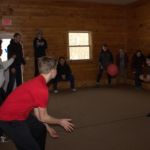
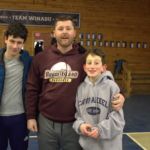
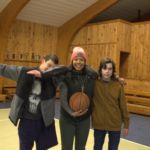
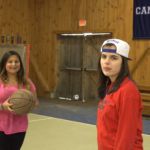
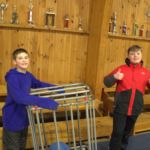
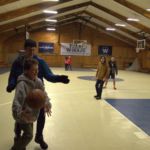
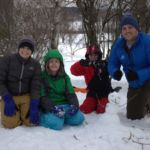
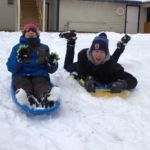

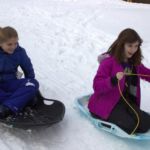
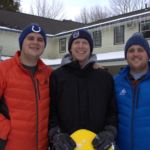

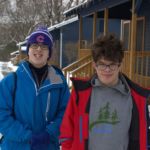
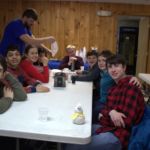
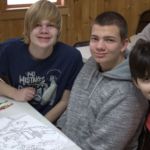
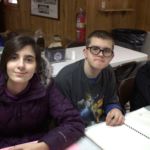
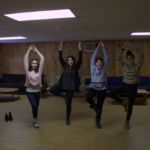
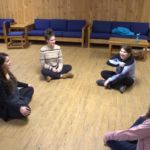
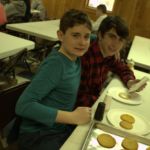
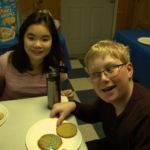
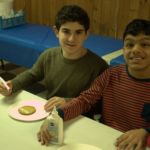
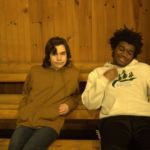
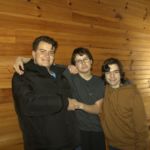
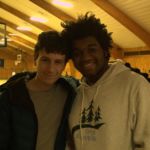

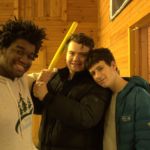
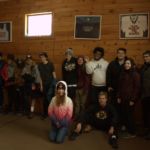
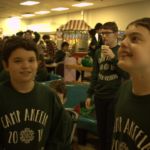
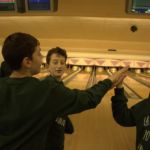

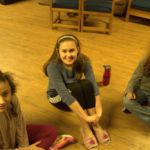
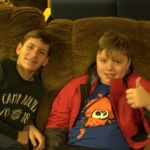
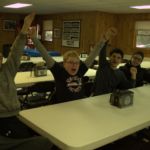
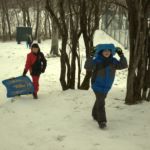
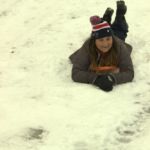
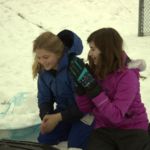
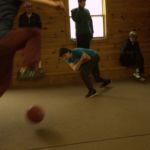
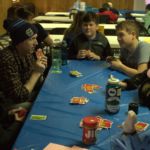
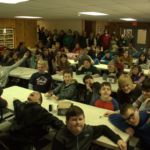

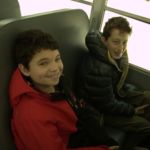
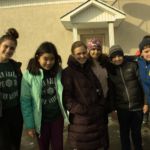
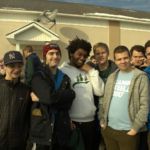
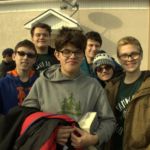
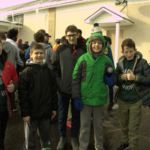
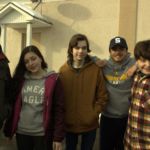
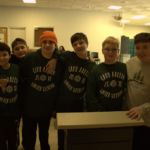
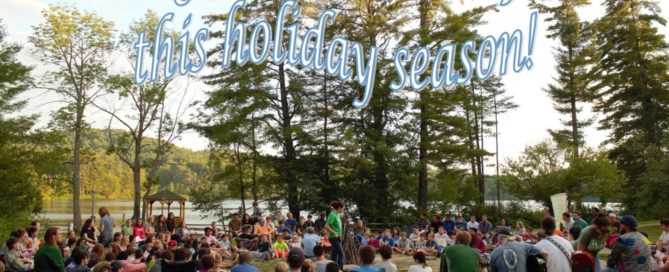
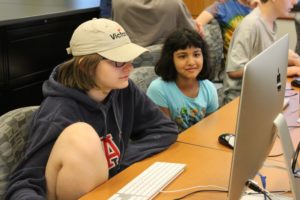 We speak with parents who have girls every day and they often tell us that people just “don’t get it”. Girls who are struggling socially present differently than boys. They are often masters at “small talk” and are not shy about introducing themselves to new people and chatting with acquaintances. However, as time passes, they struggle to get deeper into their relationships. They don’t understand the next steps. For other girls, their social enthusiasm can be a turn-off to peers as some girls insert themselves into social situations at inopportune times or in a way that seems “off topic” or “odd”. For this reason, girls are often underdiagnosed or misdiagnosed, leaving them without support for far too long.
We speak with parents who have girls every day and they often tell us that people just “don’t get it”. Girls who are struggling socially present differently than boys. They are often masters at “small talk” and are not shy about introducing themselves to new people and chatting with acquaintances. However, as time passes, they struggle to get deeper into their relationships. They don’t understand the next steps. For other girls, their social enthusiasm can be a turn-off to peers as some girls insert themselves into social situations at inopportune times or in a way that seems “off topic” or “odd”. For this reason, girls are often underdiagnosed or misdiagnosed, leaving them without support for far too long.

 Check out
Check out